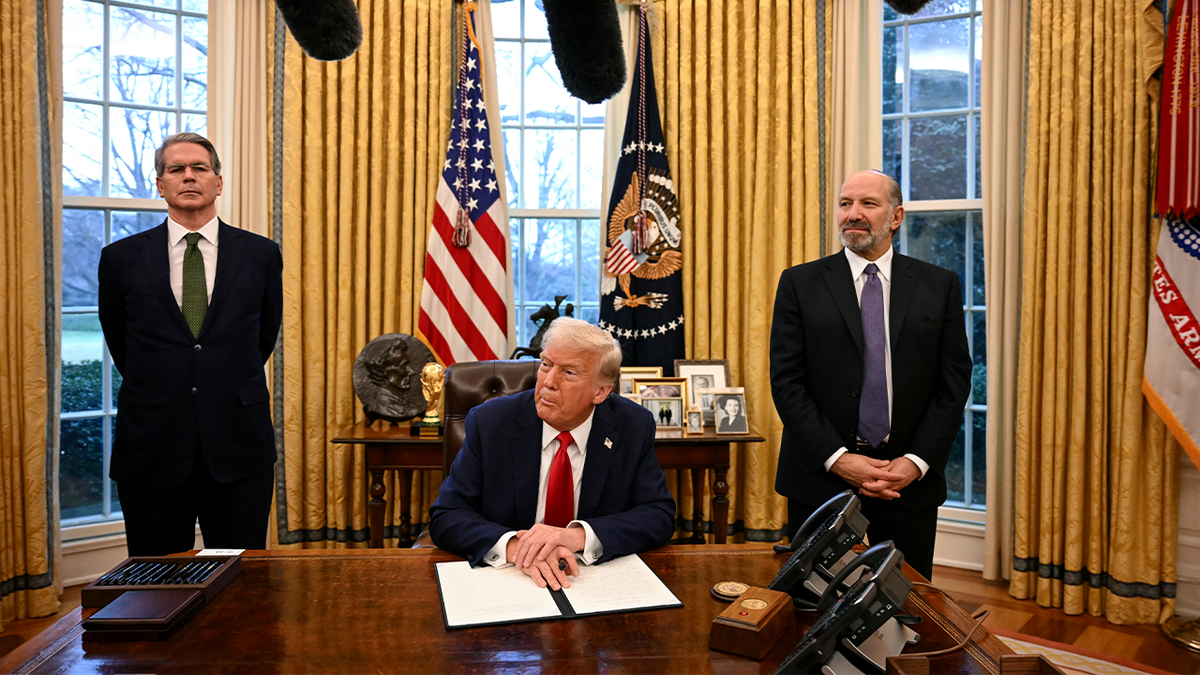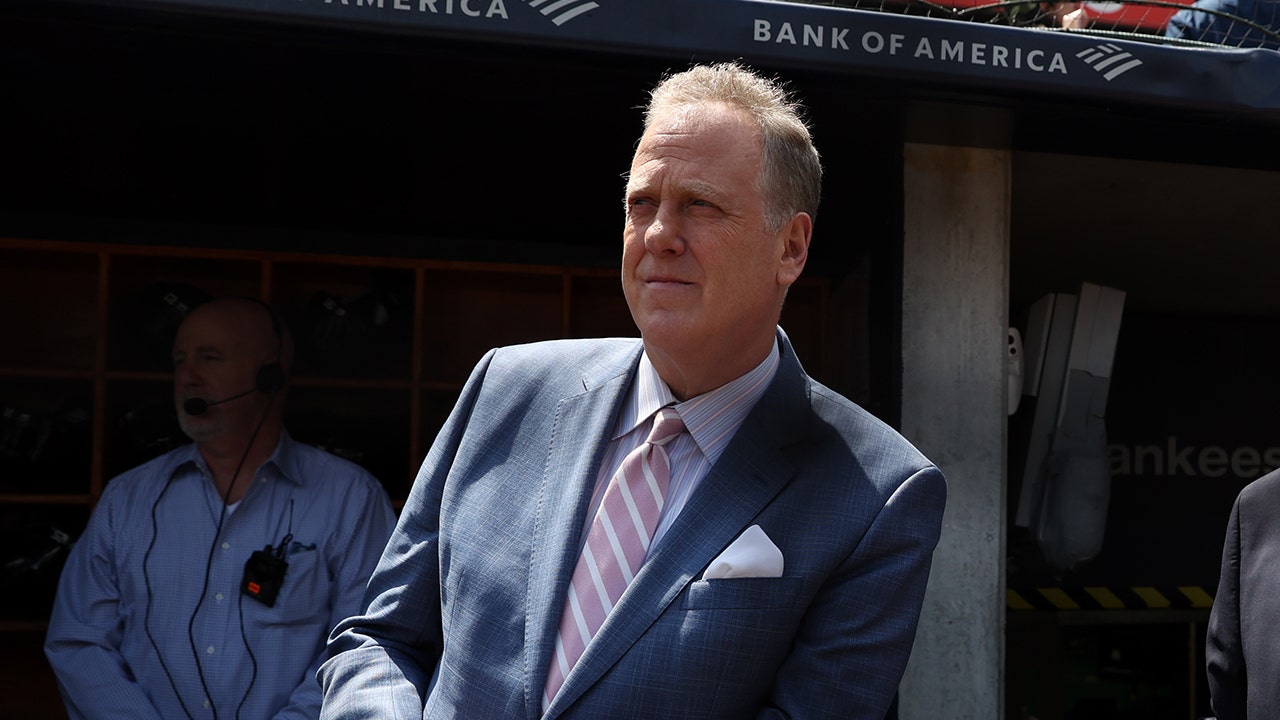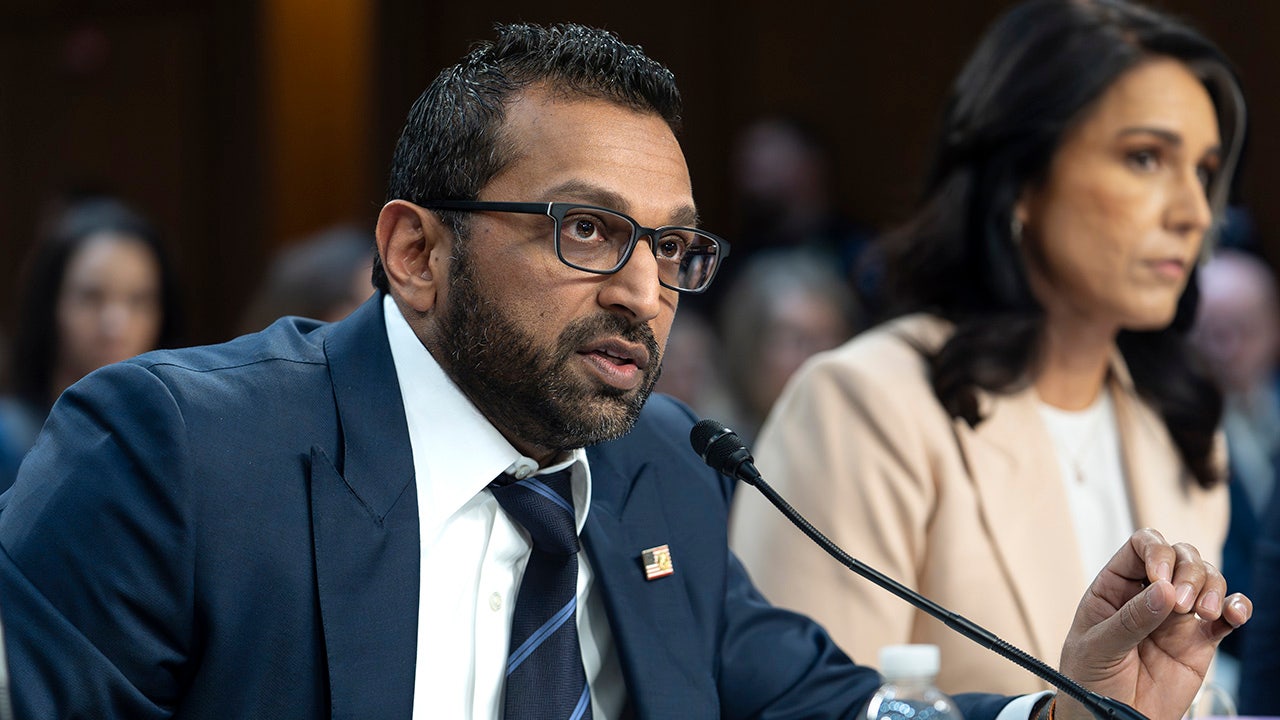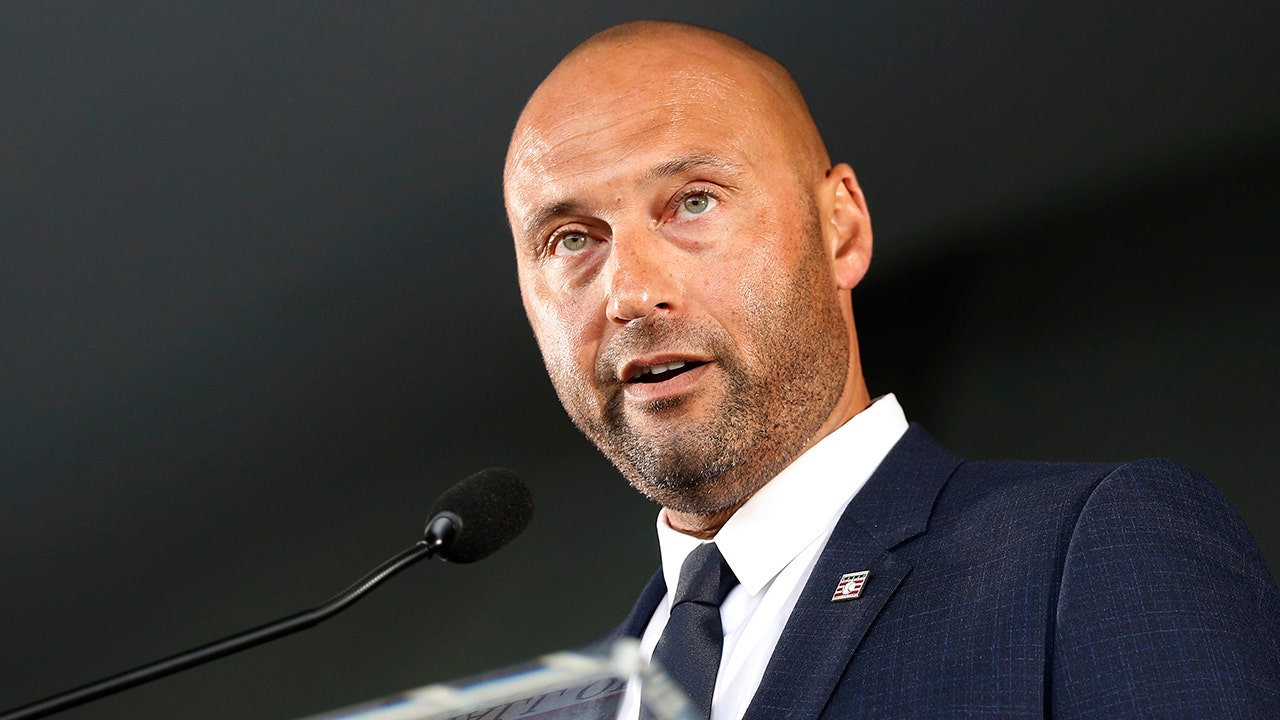Supreme Court Justice Amy Coney Barrett sparred with U.S. Solicitor General John Sauer Thursday, pressing him on whether the Trump administration would follow federal court precedent. The exchange quickly became one of the day’s most talked-about moments and could reignite criticism of Barrett from Trump allies.
The back-and-forth took place Thursday during oral arguments in a case related to President Donald Trump's effort to end birthright citizenship with a specific focus on whether lower courts should be able to block executive actions from taking effect nationwide.
Justice Barrett, a Trump appointee, grilled Sauer about the administration's stance toward lower court rulings, which followed similar lines of inquiry from her colleagues on the bench.
"I want to ask you about a potential tension," she began, before stopping to correct herself. "Well, no, not a potential tension, an actual tension that I see in answers that you gave to Justice Kavanaugh and Justice Kagan."
JUSTICE KAGAN SNAPS AT TRUMP LAWYER IN MAJOR CASE: 'EVERY COURT HAS RULED AGAINST YOU'

President Donald Trump, alongside Treasury Secretary Scott Bessent, left, and Secretary of Commerce nominee Howard Lutnick, right, speaks to reporters as he signs an executive order to create a U.S. sovereign wealth fund in the Oval Office of the White House Feb. 3, 2025, in Washington, D.C. (Jim Watson/AFP via Getty Images)
Barrett then asked Sauer if the Trump administration "wanted to reserve its right to maybe not follow a Second Circuit precedent, say, in New York, because you might disagree with its opinion?"
"You resisted Justice Kagan when she asked you whether the government would obey" such a precedent, she said.
Sauer responded, "Our general practice is to respect those precedents. But there are circumstances when it is not a categorical practice, and that is not …"
Barrett interrupted, asking if that is the Trump administration’s practice or "the long-standing practice of the federal government?"
Sauer replied that it is "the long-standing policy of the Department of Justice."
"Really?" she asked.
SUPREME COURT TAKES ON BIRTHRIGHT CITIZENSHIP: JUSTICES SEEMINGLY SPLIT ON LOWER COURT POWERS
"Yes, as it was phrased to me, we generally respect circuit precedent, but not necessarily in every case," Sauer said. "Some examples might be a situation where we are litigating to get that circuit precedent overruled and so on," he added later.
"That's not what I'm talking about. I'm talking about this week," Barrett stressed, pointing to the Second Circuit Court of Appeals' ruling that Trump's birthright citizenship order is unconstitutional.
"And what do you do the next day, or the next week?" she asked.
"Generally, we follow this," Sauer said, which provoked a somewhat incredulous response from the justice.
"So, you're still saying generally?" she asked him. "And you still think that it's generally the long-standing policy of the federal government to take that approach?"

Protesters demonstrating against President Donald Trump's during the early months of his second presidential term, and President Donald Trump signing an executive order at the White House. The Supreme Court will hear oral arguments Thursday, May 15, on a case involving Trump's birthright citizenship executive orders. (Getty Images)
The remarks sparked divided political reactions on social media, with Democratic strategist Max Burns noting, "Trump Solicitor General D. John Sauer tells Justice Amy Coney Barrett that Trump 'generally' tries to respect federal court decisions but he has the 'right' to disregard legal opinions he personally disagrees with. Coney Barrett seems to be in disbelief."
"John Sauer just said the quiet part out loud: unless the Supreme Court tells them directly, Trump’s team might ignore lower court rulings," said Seth Taylor, a 2024 DNC delegate. "That’s not governance – that’s constitutional brinksmanship."
"Amy Coney Barrett (ACB) is proving once again she may the the worst SCOTUS pick ever by a Republican," conservative commentator and podcast host Cash Loren said on social media.
"She has a lifetime appointment to the Supreme Court. … Yet you can hear her disdain for the Trump administration."
100 DAYS OF INJUNCTIONS, TRIALS AND 'TEFLON DON': TRUMP SECOND TERM MEETS ITS BIGGEST TESTS IN COURT

Demonstrators hold up signs during a protest against President Donald Trump at the Washington Monument in Washington April 5, 2025. (AP Photo/Jose Luis Magana)
Earlier this year, Barrett sided with three of the Supreme Court's liberal justices and Chief Justice John Roberts in rejecting, 5-4, the Trump administration's request to block billions in USAID money for previously completed projects.
The decision sparked fierce criticism from Trump supporters, who have attempted to label Justice Barrett an "activist" justice and someone who has been insufficiently loyal to the president who tapped her for the high court.
Others have pointed out her track record as a reliably conservative voter and the fact the court has lifetime appointments to allow justices to ostensibly act without undue political interference.
Trump later said he had no knowledge of the attacks against her, telling reporters, "She’s a very good woman."
"She’s very smart, and I don’t know about people attacking her. I really don’t know." Trump added.
The court ruling could come in a matter of days or weeks. But it will likely hinge closely on the votes of two Trump appointees, Justice Neil Gorsuch and Justice Barrett, George Washington University law professor Jonathan Turley told Fox News Friday.
Overall, he said of the hearing, "it got pretty sporty in there."
CLICK HERE TO GET THE FOX NEWS APP
"There were some lively moments, at least lively for the Supreme Court," he said, before noting the justices to watch are Gorsuch and Barrett.
"Justice Barrett is probably the greatest concern right now for the Trump administration," Turley said.
Breanne Deppisch is a national politics reporter for Fox News Digital covering the Trump administration, with a focus on the Justice Department, FBI, and other national news.
.png)
 German (DE)
German (DE)  English (US)
English (US)  Spanish (ES)
Spanish (ES)  French (FR)
French (FR)  Hindi (IN)
Hindi (IN)  Italian (IT)
Italian (IT)  Russian (RU)
Russian (RU)  6 hours ago
2
6 hours ago
2









Comments